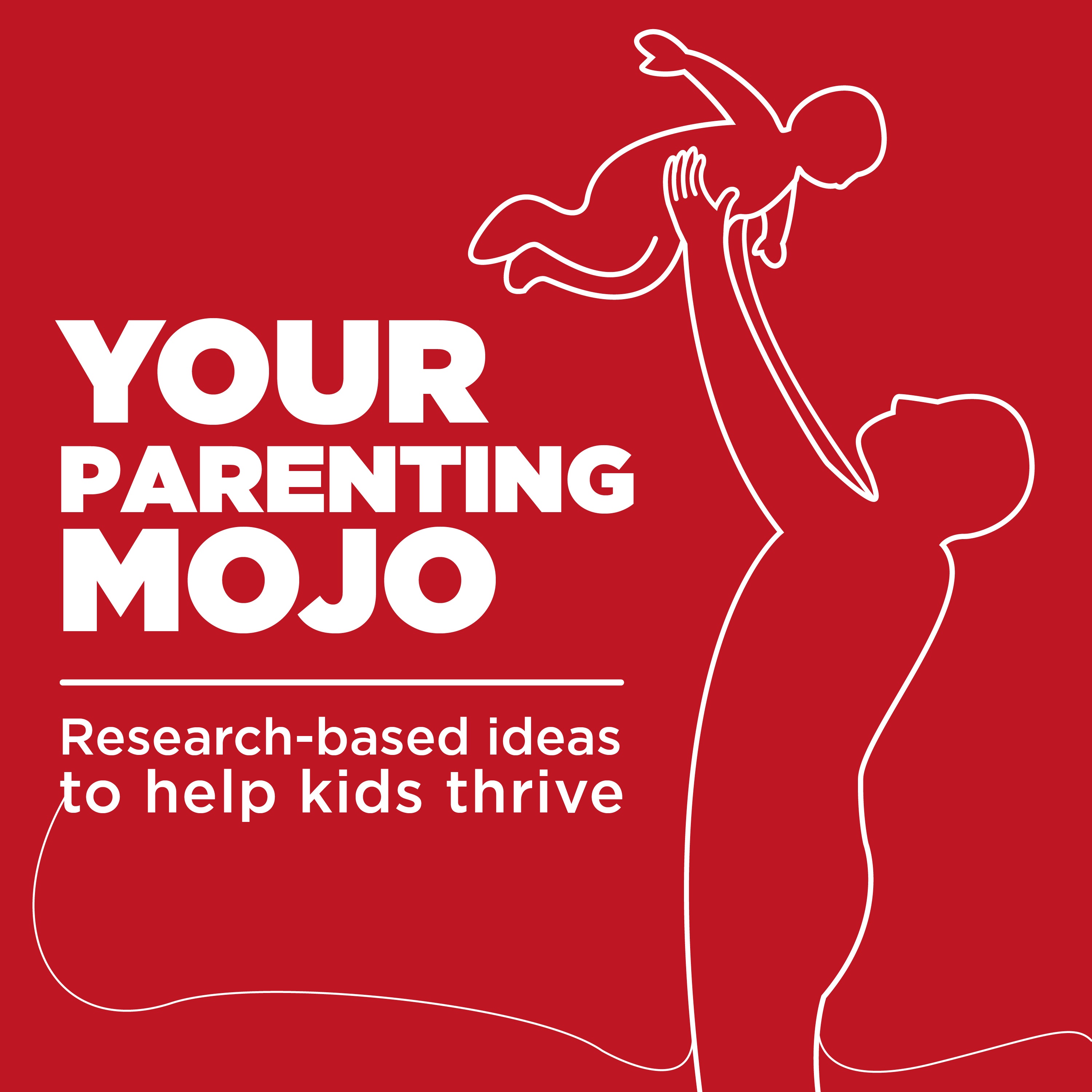Episode Summary
When Carys was about three, I forced a dropper of antibiotics into her mouth to just get her to take it, so she would start to feel better. We were both tired and hangry and I didn't see another path forward, when she was refusing something that I knew would help her. What other choice did I have?
My husband did see another path when he arrived home later that evening, and before she went to bed she willingly took a full dose of the medicine.
These kinds of situations come up often in parenting: where we're trying to get our child to do something, perhaps even for their own health and safety, and they refuse. It can seem like the only path forward is to force them against their will - after all, we are doing this for their own good, right?
But what if there was another way to make these things happen that met your child's needs for autonomy over their own bodies, and also met your needs for peace and ease and harmony and protection of their health and safety?
That's what we'll work through in today's episode. We'll look closely at the way consent is perceived in our culture, and how these messages are transmitted - in school, in peer groups, in movies and songs, and in our families.
I'm also introducing a new element into podcast episodes to help you put the ideas in the episode into practice. At the end of the episode I offer three suggestions for things you could try in your relationship with your own child - organized into mild, medium, and spicy options so you can step in at the level that feels right to you.
Trigger warning: I do discuss sexual assault in this episode. It might not be one you listen to with your children around, and if you have experienced sexual assault, please make sure you're well resourced if you do choose to listen.
Setting Loving (& Effective!) Limits
Are there times when your child doesn’t listen?
Do they stall, ignore you, refuse to do the things you ask…and then look you right in the eye while doing the thing you asked them NOT to do?
Do you feel disrespected when your child does these things – but have no idea what to do about it because the one thing you KNOW is that you don’t want to treat your child the same way your parents treated you?
If so, the FREE Setting Loving (& Effective!) Limits workshop will help. Click the banner to join the waitlist now:
Other episodes referenced
079: What is RIE?
084: The Science of RIE
Jump to Highlights
00:54 Introducing today’s topic
05:24 Getting consent from babies through non-verbal cues
14:12 The existence of a rape culture that normalizes and trivializes sexual assault
16:55 Understanding consent beyond the typical script of cisgender heterosexual relationships
23:36 How distorted perceptions of feminism impact consent education
27:05 The importance of discussing consent beyond sexual situations
30:00 The lack of emphasis on consent in sex education standards and children's exposure to problematic portrayals of sex in media
41:19 The importance of teaching consent from childhood to counter rape culture rooted in patriarchal norms
45:49 Practical steps for parents to promote consent with their children
49:18 Listener Cori's experience underscores the importance of understanding a child's needs, promoting autonomy, and building consent-based relationships from an early age
56:02 The conclusion suggests three options for implementing the ideas discussed in the episode
References
Beres, M.A. (2021). From ignorance to knowledge: Sexual consent and queer stories. Feminism & Psychology 32(2), 1
